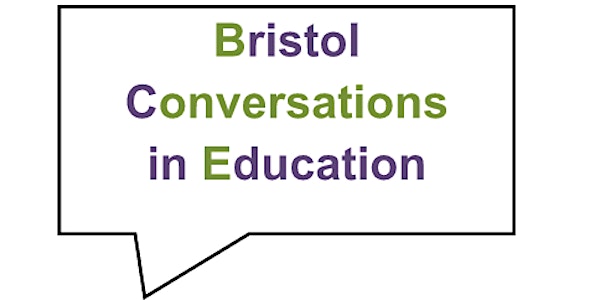
Sustainable Financing of Education in Africa: Beyond Peak Aid? - Bristol Conversations in Education
Date and time
Location
4.10
School of Education 35 Berkeley Square Bristol BS8 1JA United KingdomDescription
This event is part of the School of Education's 'Bristol Conversations in Education' seminar series. These seminars are free and open to the public.
Speaker: Keith M Lewin
As the second decade of the 21st century draws to a close longstanding beliefs about the role of aid in accelerating educational development are under close scrutiny. Over the last three decades well over half a trillion dollars has been disbursed as aid to education through bilateral and multilateral agencies much if it to Africa. Despite this, the numbers of children failing to complete school successfully remain stubbornly high at around 250 million globally. There is a paradox. If aid is working and it is effective in catalysing endogenous development then the need for aid should reduce over time. If there are persistent needs for more and more aid over time this seems to signal the limited impact of previous aid.
Doubts about the efficacy of aid to education and financial stresses in OECD countries have led to a stagnation of disbursements at around USD12 billion a year since 2010. The question is has “Peak aid” occurred and, if it has, is this a good or a bad thing? This research asks four questions about sustainable development in SSA:
-
First, what are recent patterns of educational aid to Africa and are they sustainable?
-
Second, is “Peak Aid” to education approaching and if so why?
-
Third, under what circumstances should significant increases in aid to education be encouraged?
-
Fourth, if aid declines over the next decade what are the implications for achieving the Sustainable Development Goals in education?
If Peak Aid becomes a reality this creates a new focus on promoting efficiency and effectiveness, and on fiscal reforms, that make it possible to finance mass education systems from domestic revenue. There is a risk that more aid of the same kind as in the past will generate new dependencies and fail to fill gaps and promote endogenously driven educational development owned by its beneficiaries. New approaches are needed.